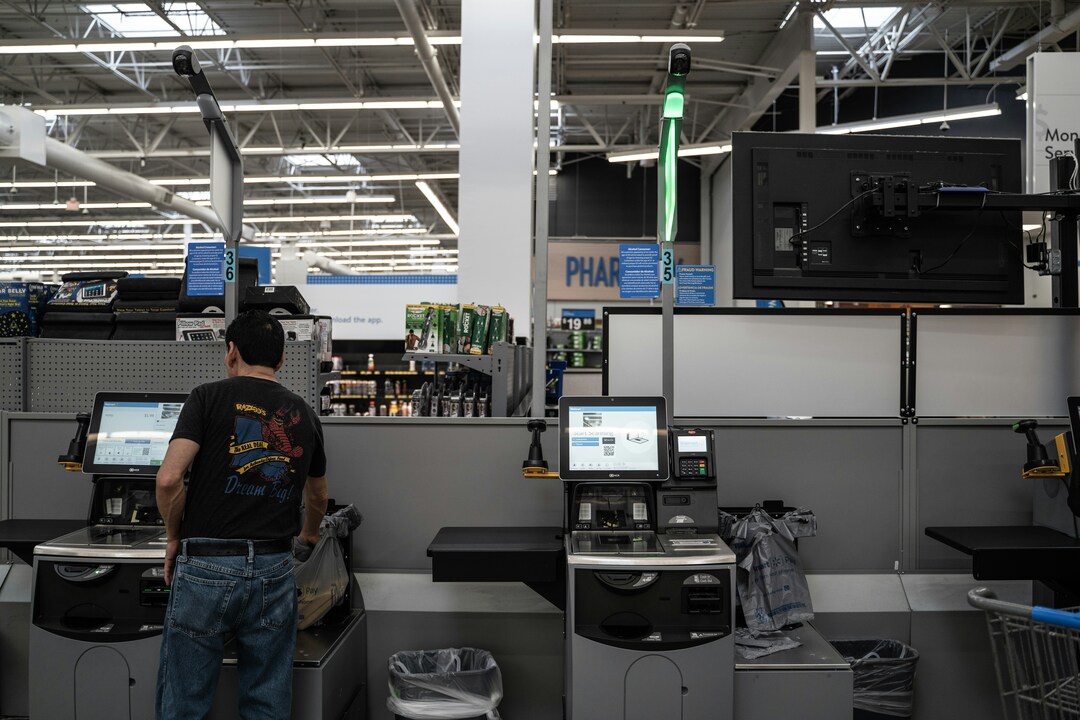-
Trump Administration Sets Strategic Plan for Technology Industry Localization
-
The White House strategy reflects a delicate balance between enhancing national security policies and protecting the interests of American technology companies that depend on China for manufacturing
The White House declared on Saturday that the United States can no longer continue to rely on China in sensitive technological sectors, emphasizing the need to strengthen national security by reducing dependence on external supply chains, especially in the fields of semiconductors, artificial intelligence, and clean energy.
The White House stressed that U.S. President Donald Trump considers localizing American industries a top priority, seeking to stimulate innovation and provide local job opportunities.
New guidelines issued by U.S. Customs and Border Protection indicated that President Donald Trump has excluded smartphones, computers, and a range of other technological devices and components from the punitive tariffs he previously imposed.
These instructions were issued Friday evening, after Trump earlier this month applied 145% tariffs on Chinese products, a measure that threatened to inflict heavy losses on major technology companies such as Apple, which manufactures iPhones and most of its other products in China.
The directives also include exemptions for various electronic equipment and components, including semiconductors, solar cells, flat-screen televisions, flash drives, and memory cards.
The White House stated in a release issued Saturday that these exemptions were issued because President Trump wants to give companies sufficient time to shift their manufacturing operations to within the United States.
It quoted Kush Desai, Deputy White House Press Secretary, as saying that Trump "has made it clear that America cannot rely on China to manufacture vital technologies such as semiconductors, chips, smartphones, and laptops."
Desai added: "At the President's direction, these companies are now rushing to move manufacturing operations to within the United States as soon as possible."
According to customs directives, the 20 product categories mentioned in the document appear to be exempt from the 125% tariffs imposed by Trump on Chinese imports, as well as from the basic 10% tariffs on imports from other countries, while a 20% tariff remains effective on all Chinese goods.
CNBC reported that it had asked the White House and Customs to clarify the final effective rate of tariffs applied to exempted products, but had not received a definitive response as of yet.
These exemptions represent an important gain for technology companies like Apple, which produces the majority of its products in China, where 80% of iPads and more than half of Mac devices are manufactured, according to research firm Evercore ISI.
Dan Ives, Head of Global Technology Research at Wedbush Securities, described this move as "the perfect scenario for technology investors," adding: "Exempting smartphones and electronic chips is a major game-changer regarding tariffs imposed on China."
You May Also Like
Popular Posts
Caricature
opinion
Report
ads
Newsletter
Subscribe to our mailing list to get the new updates!























